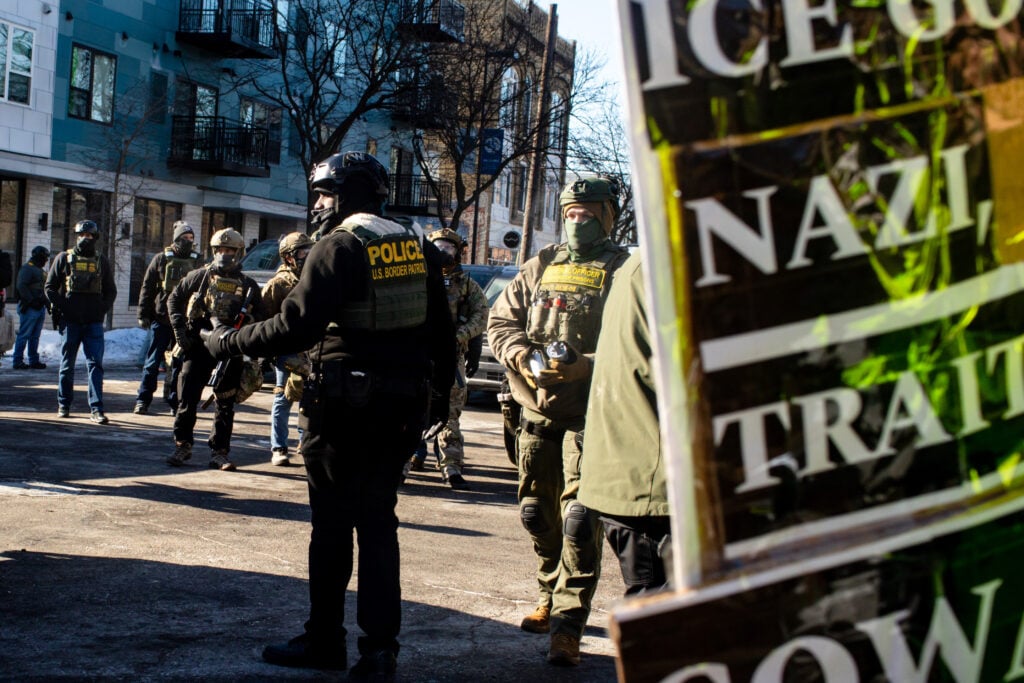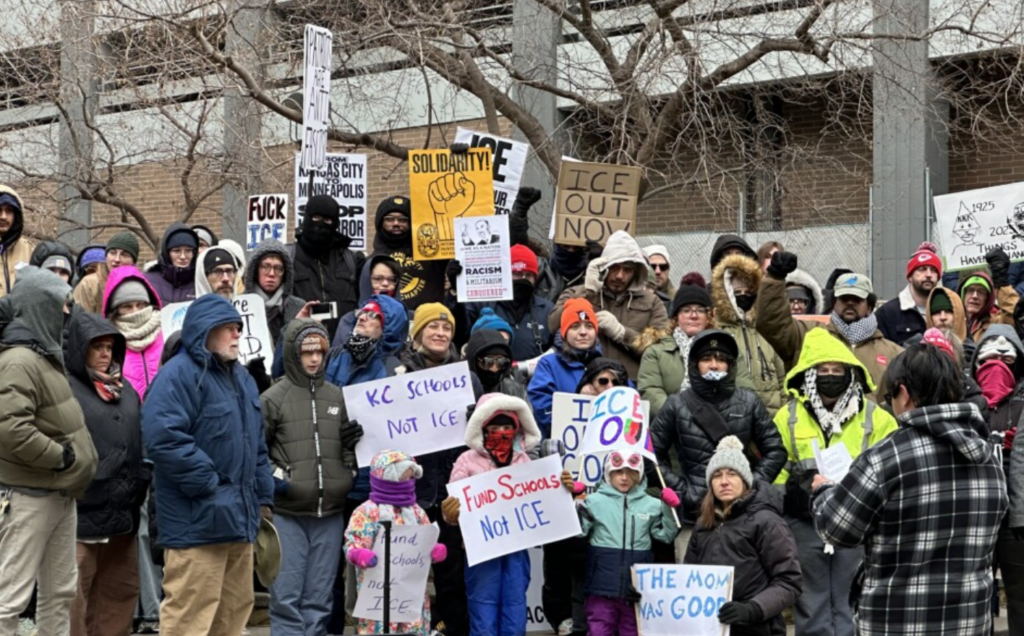Peter Frampton talks about his (screen) legacy ahead of his Tuesday show at Starlight

Guitar god and ’70s rock icon Peter Frampton has been making music for decades, so there’s no end to the stories the man could tell about his time. Frampton Comes Alive could fill a book all by itself. So why not ask him about his contribution to … the movies?
With summer-blockbuster season in full swing, I decided to concentrate my short phone time with Frampton on “Baby, I Love Your Way” and its role in three of the many films in which it has been cannily used: Wayne’s World 2, Reality Bites and Almost Famous.
The Pitch: There’s this scene in Wayne’s World 2 in which they’re going through a stack of vinyl, and Wayne Campbell says of Frampton Comes Alive: “Everybody has Frampton Comes Alive. If you lived in the suburbs, you were issued it. It came in the mail with free samples of Tide.”
Peter Frampton: Well, it’s actually very interesting, because I was left on the cutting room floor of Wayne’s World 2. I was on the set, and Mike Myers and Dana Carvey were grilling me on Comes Alive and my career, and how they were both big fans — as am I of both of them. It was a mutual “How did you do this?” where I’d ask them and they’d ask me. It was just fun stuff, and then Mike said, “Do you know what? I was in the audience that night.” So, he heard the album before he heard the album! [laughs]
There are two actors you know who were at the recording of Frampton Comes Alive in Winterland. One was Mike — he was in the audience. The other was the guy — he was in Cheers? — Woody Harrelson. Neither one of them knew each other at the time.
Oh, my god. That’s amazing.
It’s going to be in the book. Things have finally cooled down on the book front. We’ve had Eric [Clapton]’s and Neil Young’s and Pete Townshend’s, so for a moment, it was like, “Oooh” — and Keith [Richard]’s — so, I think I’m going to start doing one after the summer is over. I don’t know how long it’s going to take, but there’s too many stories.
It’s the funny things — I mean, even out of bad things, you laugh. You find it funny when you think about it afterward. There’s a lot of humor. I loved David Niven’s Moon Is a Balloon book, and the way he described things, all with humor. There was pathos, too, and there were sad times, as there always are, but I loved the way he phrased things and put things together, so that’s going to be more my M.O., rather than a list of “On November the 12, I met this girl, and we had sex.” I’m going with upon reflection, how things look now, and the way it’s created my character, my personality.
%{[ data-embed-type=”oembed” data-embed-id=”https://www.youtube.com/watch?v=IWIxA7M_-ZA” data-embed-element=”aside” ]}%
I’m always impressed with the number of times your songs have been covered for films — “Baby, I Love Your Way” being the most notable. What’s it like not only hearing your song in a film, but when it’s done by someone else?
Well, some I like. Some I don’t. I have to say that the definitive pop version of “Baby, I Love Your Way” — even though I’ve heard other people do it, obviously — is Big Mountain’s version. The reggae version. That was Reality Bites. I was asked by the producer, “We’ve got your song in the movie, as it comes on the radio, but we’d like to recut. Would you be willing to do it in a different version?”
I said, “No.” [laughs] I’ve done that song so many times, I don’t think I could do a different version of it, and if I did, it would be wrong. I said, “Why don’t you have somebody else do it?” because he’d said that they wanted to do it reggae, and I said, “Ugh, no,” because that’s not me. Find someone who does great reggae. And so they found Big Mountain. I knew when that record was being made, because Tom Lord-Alge was the engineer, and I was working with Chris Lord-Alge, his brother, at the time. We got an update, hour by hour, of how great it was sounding — and boy, that’s a great version.
What do you like about Big Mountain’s version?
The fact that someone did it justice. There was a version that came before it that was awful. It was a medley of “Baby, I Love Your Way” and “Freebird,” which I didn’t like at all. [This was Will to Powers’s hit.] It’s a strange combination. [chuckles] I loved the playing on it, I loved — I just loved it! I still do. I don’t listen to my own version. If my own version comes on the radio, I might change the channel, but with Big Mountain, I’ll turn it up. It’s just a great recorded track.
%{[ data-embed-type=”oembed” data-embed-id=”https://www.youtube.com/watch?v=X-1MuA4aa6E” data-embed-element=”aside” ]}%
Some of my favorite bits of trivia are about your involvement in Almost Famous. You were the guitar teacher, you wrote a couple of the songs, and you’re even in it, playing the roadie for your former band, Humble Pie — which is just delightful.
[laughs] I remember Cameron [Crowe, writer and director] gave me a script and said, “I want you to be in the movie, too” — because we’ve known each other since he was 16 — and I read the script, and of course, I picked a big part. And he said, “Oh, no. No, no, no, no — those are already cast. Have a look at Reg.”
And I went, “Where’s Reg?” and he says it’s halfway down page whatever-it-was. [laughs] But, I enjoyed it immensely. I spent a couple of days sitting around a table with Billy [Crudup] and all these others, and also Mitch Hedberg. He was one of the stoners round the table, one of the roadies.
After we’d filmed that card game scene, his next stand-up routine had a bit where he said [impersonates Hedberg], “I spent a week smoking fake weed with Peter Frampton. The only thing that would be better was smoking real weed with someone who looked like Peter Frampton.” I thought that was a wonderful way to sum up our week.
%{[ data-embed-type=”oembed” data-embed-id=”https://www.youtube.com/watch?v=_fxdDJYvVyE” data-embed-element=”aside” ]}%
How did the the guitar teaching go?
We’d given me the name “authenticity adviser,” rather than “consultant.” My thing was keeping everything like it was. No 1990s microphones in a 1973 gig. The drums had to be right. The guitars had to look like they did back then.
I met up with Billy Crudup after he’d had two weeks of guitar lessons, and had never played guitar before. My job was to get Billy to the point where Cameron and I could believe that he was Jimmy Page or whomever he wanted to be as a guitar hero. Cameron would ask me, “What would make you think that?” and I said that when he’s not looking at the strings, and he’s put his head back, his eyes are closed, and he’s playing the solo, note-for-note.
We got to that point, and I remember when Cameron and I are behind the cameras, looking at the screens — when he [Crudup] did that for the first time, we just cheered and high-fived on that. Billy is an incredibly capable, wonderful actor. He’s an actor’s actor, you know?
Jason [Lee] would ask me, “What’s my motivation?” For him, he’s the singer, the frontman. You’re out there playing in front of Black Sabbath, all these big bands. You’re opening for them now, just about to make it. I said to him, “Your job is to communicate with that audience and sell the band, so that they came in Black Sabbath fans, but they go out Black Sabbath fans and fans of Stillwater as well.” That’s exactly what I did — played with all of these incredible acts, opening, and I went there to steal their audience. That’s what I was told to do, and I did it.
Peter Frampton plays Starlight Theater with the Steve Miller Band on Tuesday, July 18. Details on that show are here.




